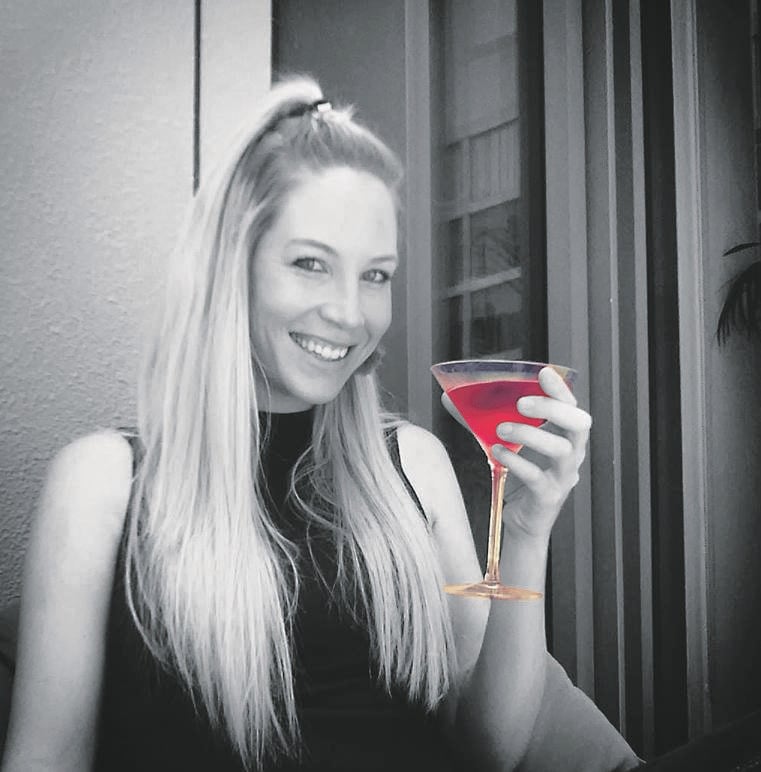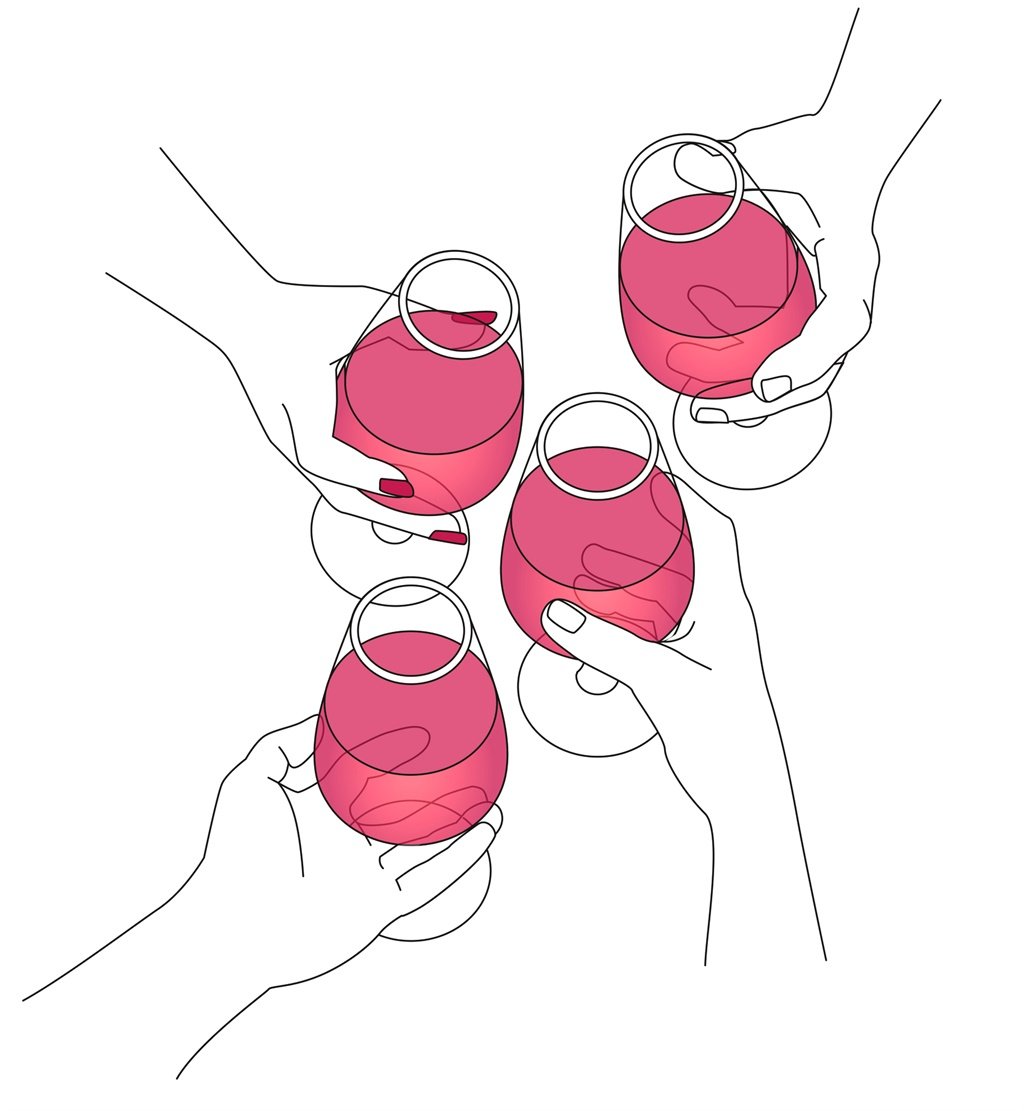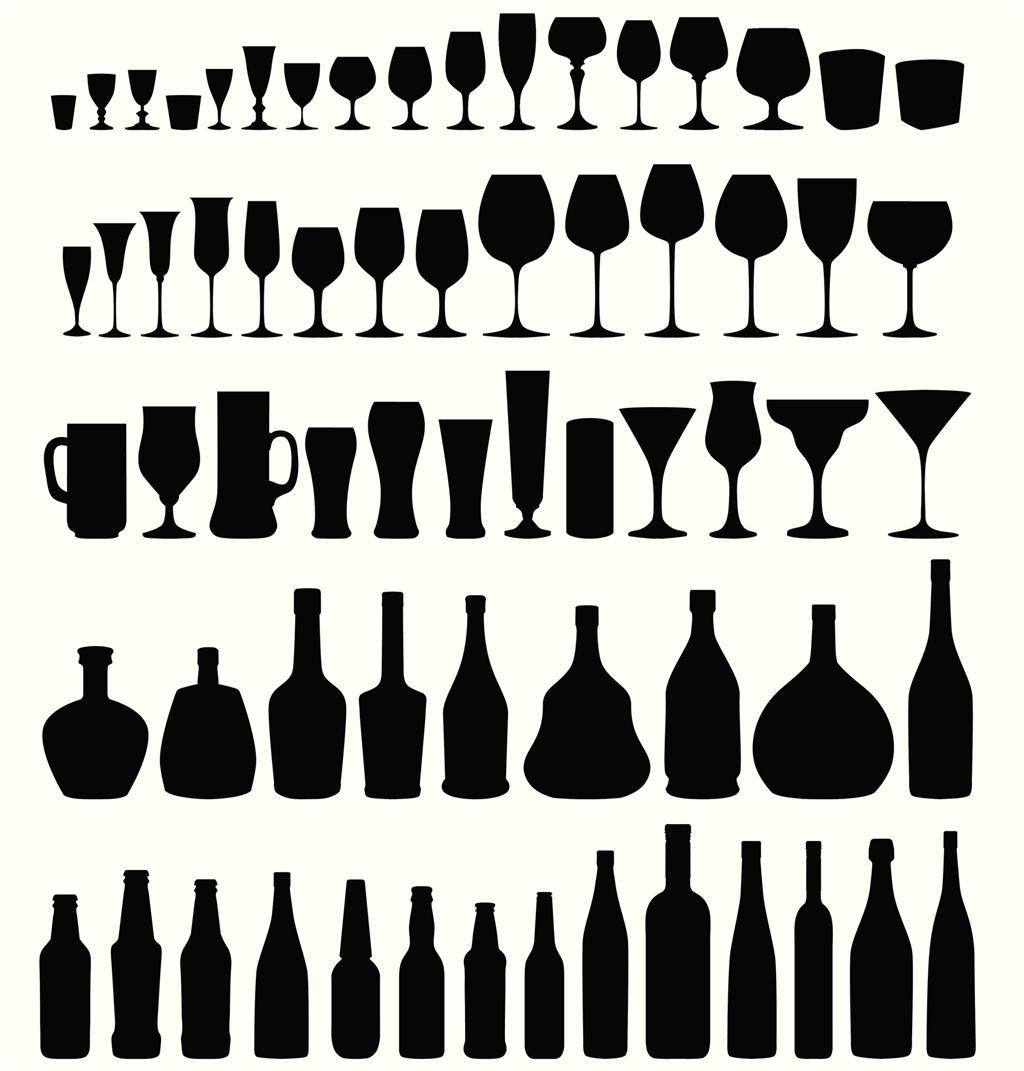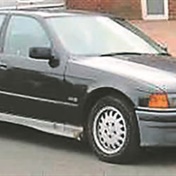
Like many South Africans, Grethe Kemp drinks alcohol. In fact, some of her identity is constructed around the fact that she drinks. But since falling pregnant, she’s had to give up booze and she found the abstinence a more difficult and complicated journey than she thought it would be.
My late dad was a whiskey drinker and he taught me to drink it too. It had to be on ice and with a liberal amount of water.
A whiskey lover but not a snob, he could enjoy a bottle of Three Ships as much as Glenfiddich, and took the same easy-going approach to “whizza” – as he called whiskey – as he did to many things in life.
In my late teens we savoured the tipple in the kitchen while my mom gave us bemused glances. He taught me how to pour it into a copper measurer and tip it over some ice. My favourite part, which made me scream with laughter every time, was when we would top it up with water and stir it with our middle fingers. It always had to be the middle finger, he said, with a wicked twinkle in his eye.
Drinking whisky with my dad was the start of a long relationship with alcohol that went beyond brands or inebriation – drinking to me was connection with people.
Partying during university was a way to socialise, while later it became a way to unwind with friends. After a long day of work a finger of whisky or two did just the trick. Cooking while sipping on red wine was an acute pleasure.
Read more: The great non-alcoholic taste test
I considered myself a casual drinker, someone who could become a teetotaller easily. Nevertheless, no social or family gathering would be complete without some gin or cider. And a weekend away without a few bottles of wine in the cooler? No way!
It was getting pregnant in February this year that brought the train to a screeching halt. For the first time in more that 12 years I’d have to go without something that I can earnestly say I’d come to love.
Alcohol wasn’t just alcohol, it was a familiar friend. It was something that, unbeknown to me, had become part of my identity.
I planned on getting pregnant and was obviously aware that it would mean not drinking anymore. But the first week of going “cold turkey” still came as a shock to me. Can you really, really not drink? Or is it that maybe just a suggestion that you can sneakily ignore – like to floss regularly.
I wanted to celebrate my pregnancy with champagne.
When the pregnancy mood swings became bad, I wondered if a glass of wine would relax me.
Eating out felt boring without a drink.
I googled exhaustively the effects of alcohol on pregnancy. All advice pointed against it.
But in France some doctors say a pregnant woman can have one or two drinks a week, I thought. And French babies turned out fine!
My downright irritation, my (let’s face it) desperation for a drink came as a devastating surprise. I realised I had a deeper need for drinking than I ever would have admitted to.
WORKING WITHOUT IT
The world of arts and lifestyle journalism is awash with booze. Menu launches, exhibition openings, film screenings, venue unveilings – they all include champagne at the door and an open bar.
And our industry is not alone. I’d be hard pressed to name an event – be it for property, banking or medicine – where the organisers don’t ply you with drinks.
Going to the functions I used became so much harder. Keeping conversations with strangers was already a challenge, and now I had to do it without so much as a spritzer in hand.
Harder still is the way people react to people who don’t drink. It makes them uncomfortable. They don’t know what to offer you. They’re wary. They can’t relax. They don’t want to be the tipsy person talking to a Sober Sally.
I want to say I bucked up, sipped my sparkling water and carried on with ease, but I didn’t. I felt dismal and like I had no personality whatsoever. I realised that I based a lot of my social confidence on booze, but how much? Was I really this dry a person while dry?
A NEW NARRATIVE
I’m almost six months into my pregnancy and I’d be lying if I said I didn’t still miss drinking.
But in the past few months, I’ve been forced to learn how to go without it. I think of it as constructing a new narrative about myself.
It sounds terribly clichéd, but I’ve taken up new hobbies. I scrapbook, I hike, I knit and I walk. I do the things 18-year-old me would have scoffed at.
When I’m socialising I drink sparkling water to keep my hands busy, and non-alcoholic ciders to put people at ease. It’s amazing what just the approximation of alcoholic packaging does to relax the drinkers around you.
I force myself to stay in conversation when I would usually leave and have been surprised how I’ve learnt to be comfortable without being drunk.
In this new narrative, I knit baby socks after work instead of nursing a whisky.
I go for long walks instead of Long Islands. And I try to be patient with my emotions. I try to feel them instead of drowning them.
It hasn’t been easy, but it’s been an awakening. And I’ve got to say there’s a certain pride in not being Grethe-with-the-wineglass anymore.
Now I am just Grethe. Grethe on her own two feet, carrying on a conversation without carrying a drink. It might not be that big an achievement for some, but for me it’s really something.
BY NUMBERS
It’s no secret that South Africans like to drink, and heavily. But did you know we’re some of the heaviest drinkers in the world?
On March 4 this year Business Day published an article by Dr Grieve Chelwa, senior lecturer in economics at the University of Cape Town’s graduate school of business and Professor Corné Van Walbeek, of UCT’s school of economics, which included some enlightening research on South Africans’ alcohol habits:
30 liters
According to the World Health Organisation (WHO) global status report on alcohol and health in 2018, this is the amount of pure alcohol consumed by the average drinker in South Africa in 2016.
6th
The country’s position globally in terms of the most alcohol consumed – up from 11th place in 2010.
4
On a scale of one to five, the WHO scores countries with the least risky patterns of drinking as ones, and the riskiest patterns as fives. South Africa scores a four, just behind Russia and Ukraine. Both countries received a score of five.
50%
A recent study published in the SA Medical Journal shows almost half of South Africans who report drinking alcohol drink in a dangerous manner.
12%
The portion of the GDP spent on the economic, social and health costs associated with alcohol-related harms.
7%
The percentage of South African adults who suffer from disorders related to alcohol use.
2%
The percentage of adults in South Africa who are physically or psychologically dependent on alcohol.
6%
Thee percentage of the country’s deaths attributable to alcohol use. Of this, 10% are men and 2% women.




 Publications
Publications
 Partners
Partners










